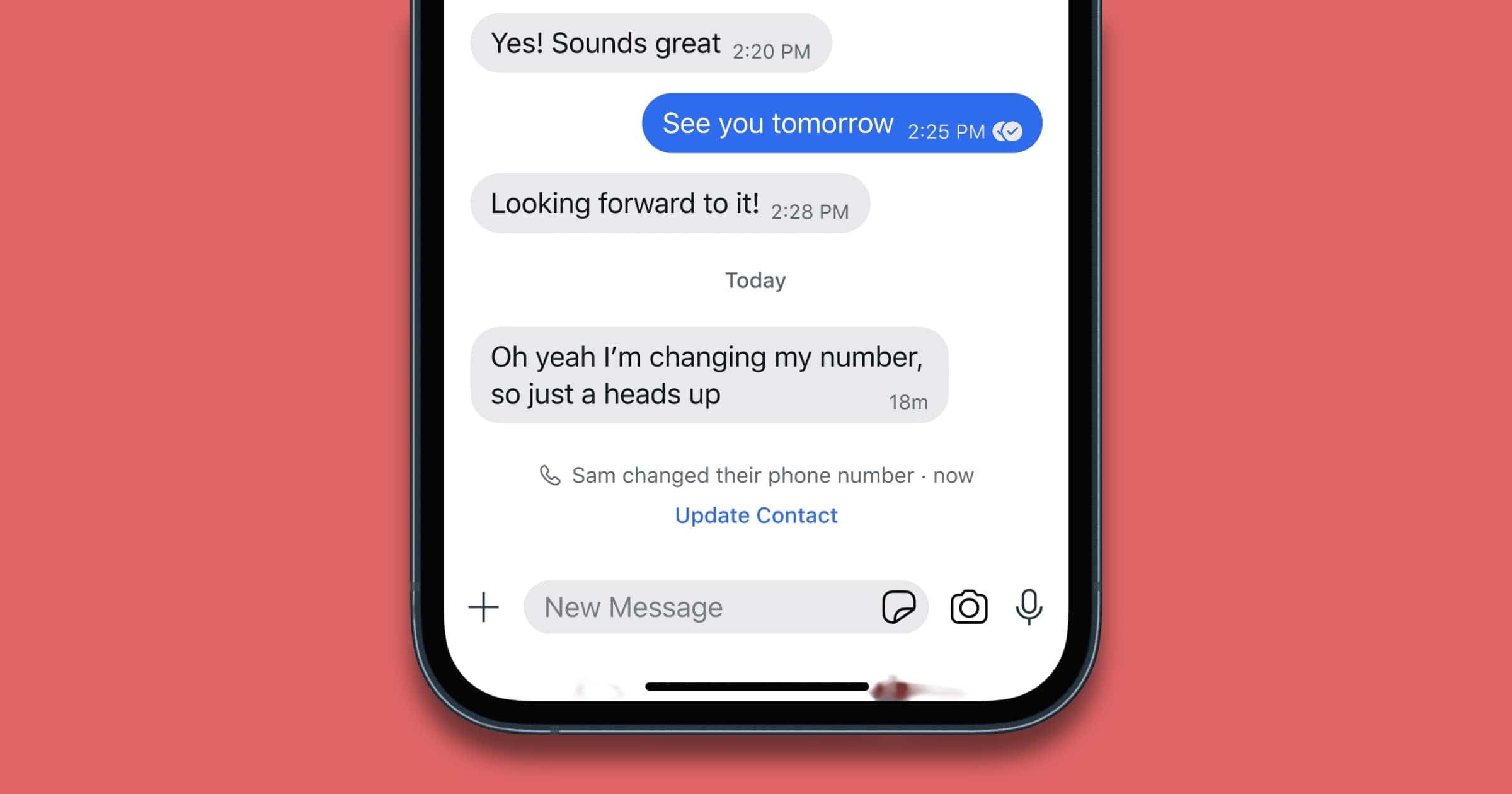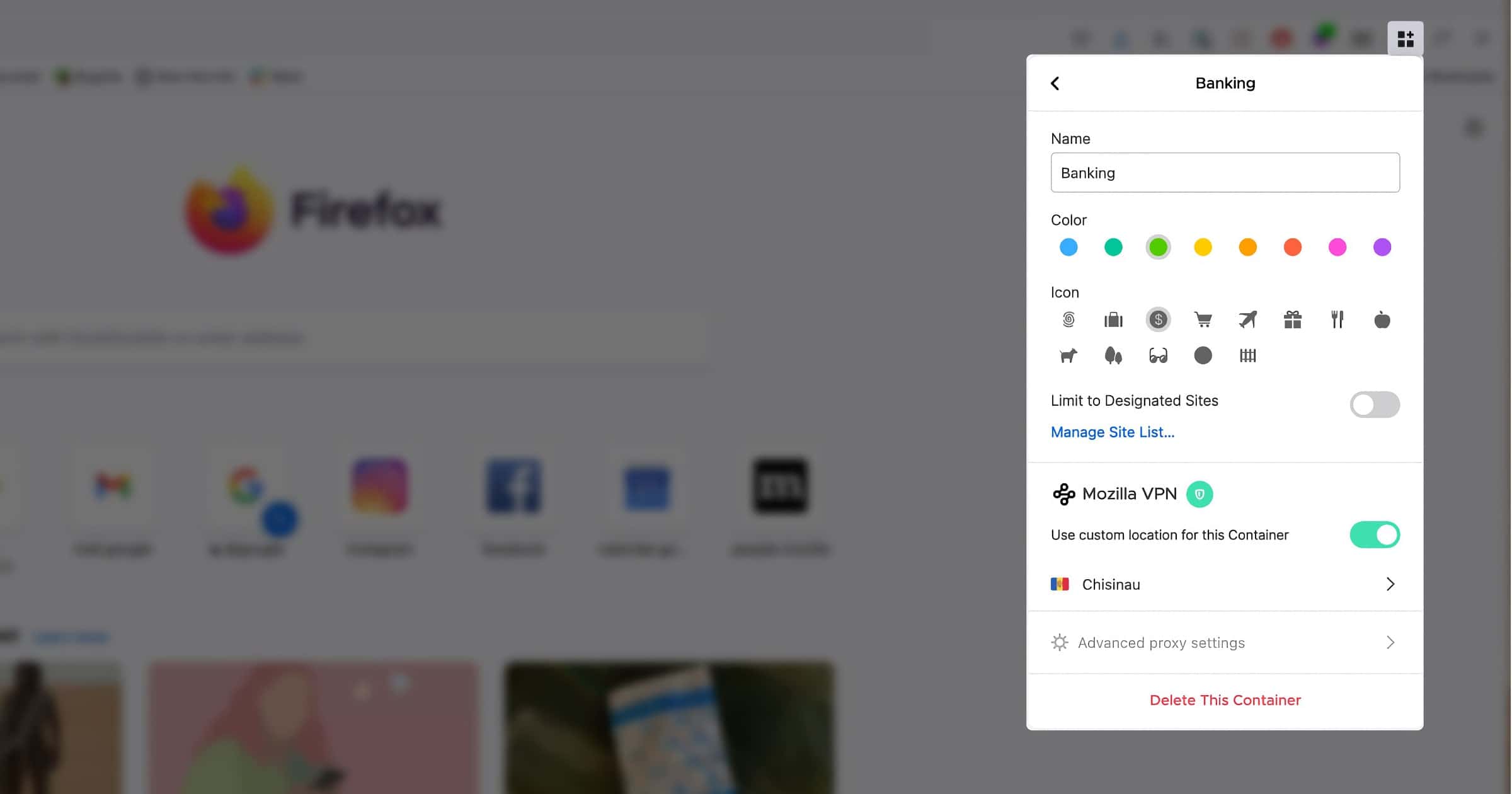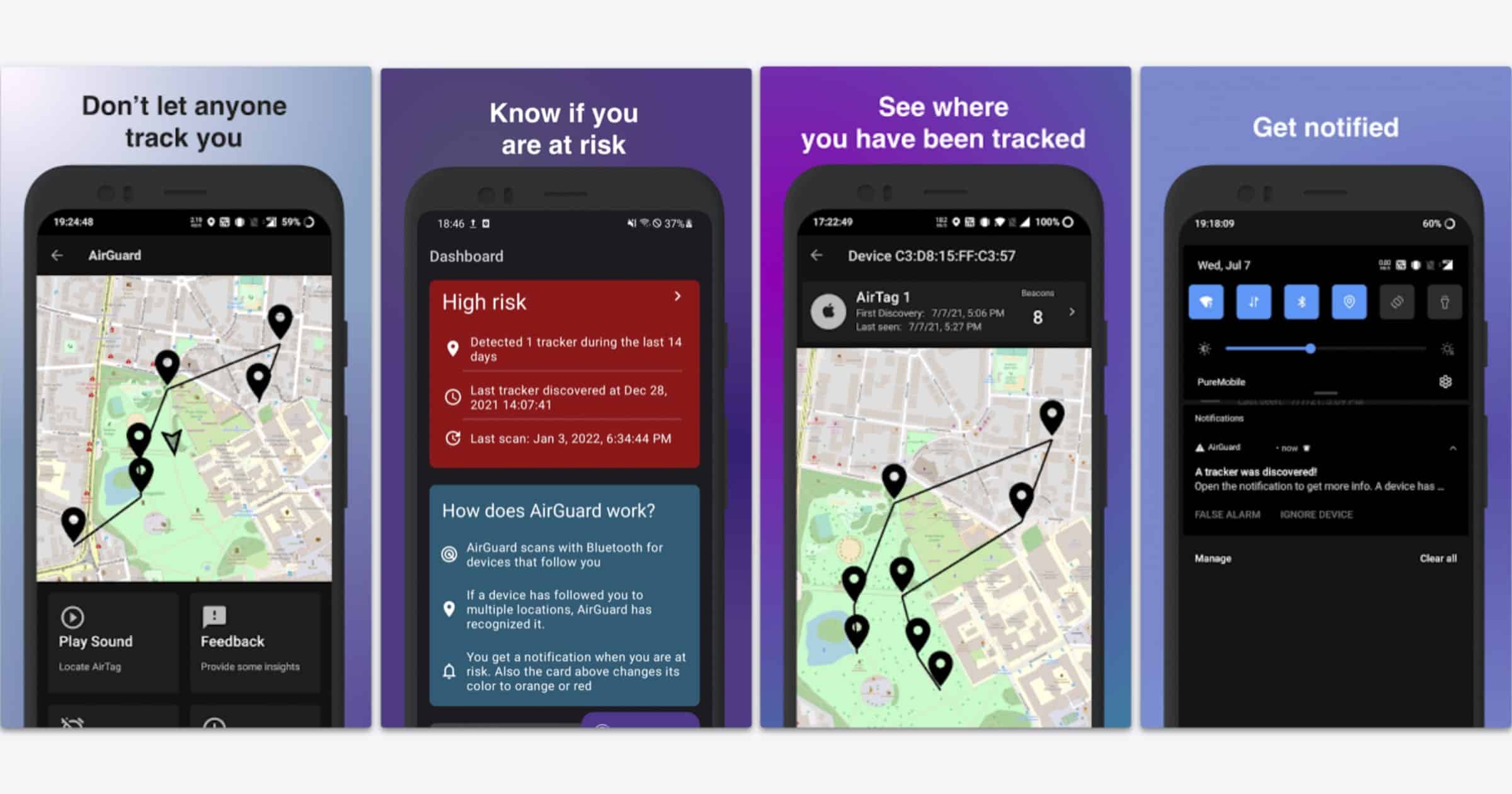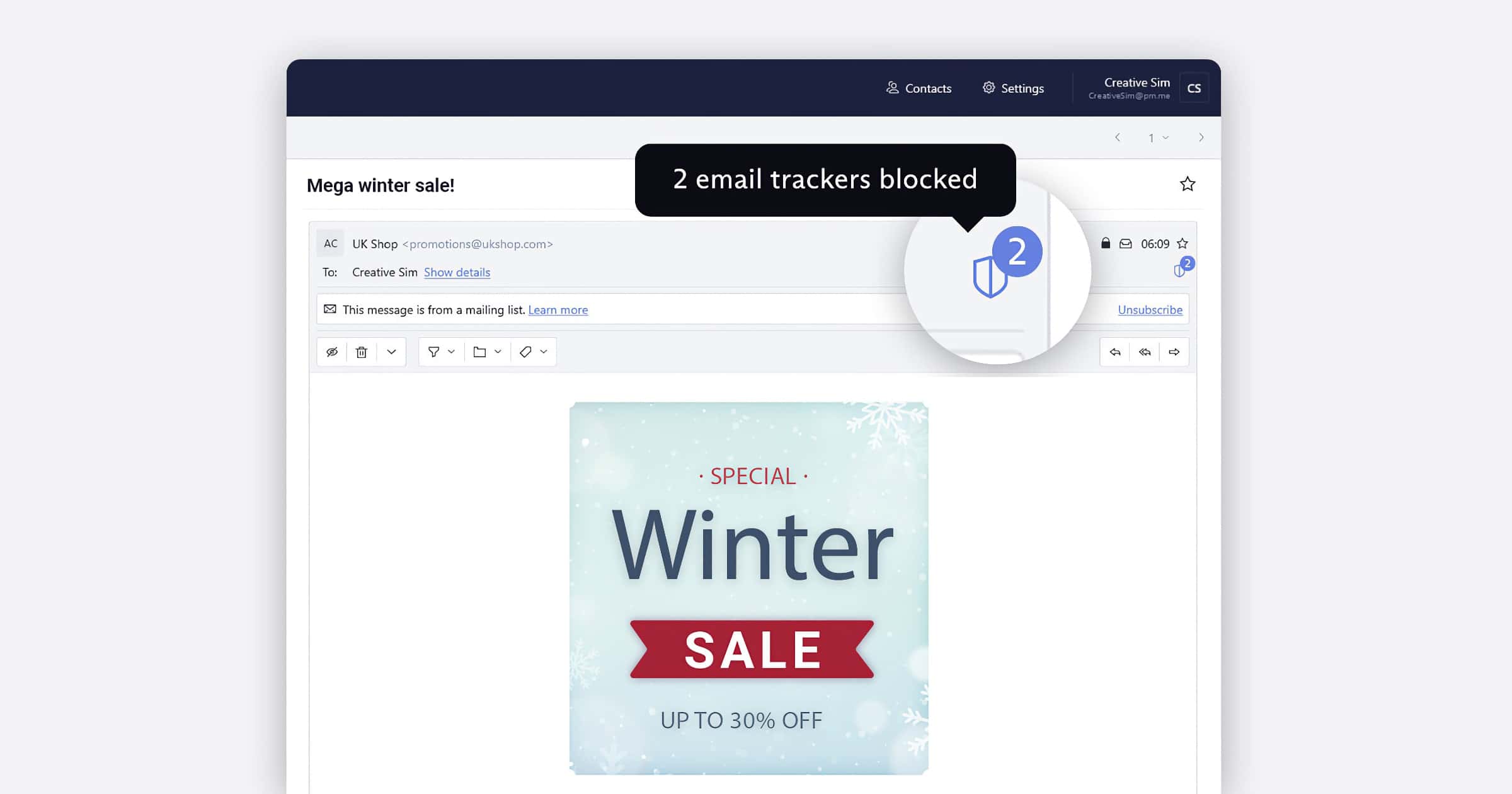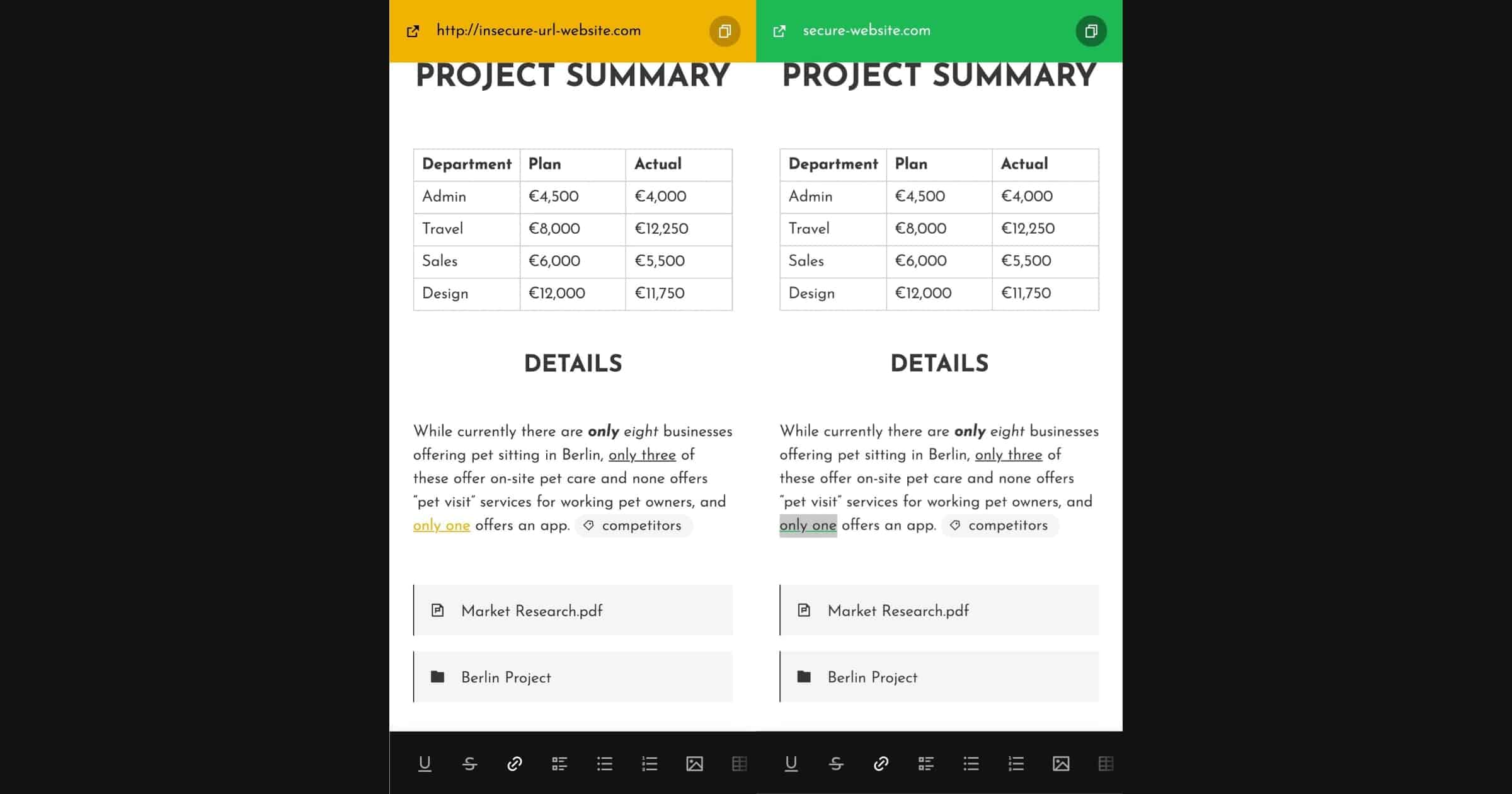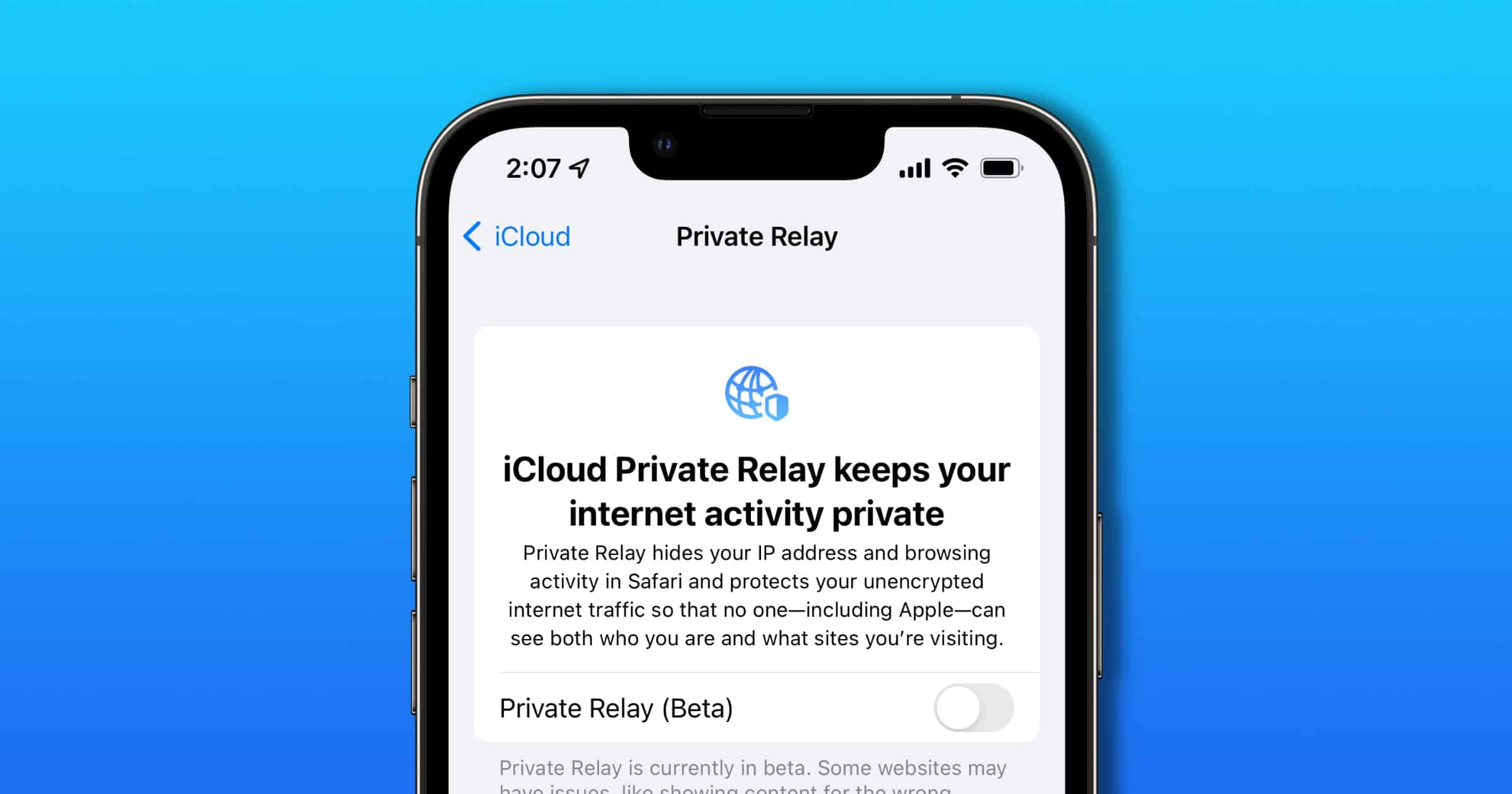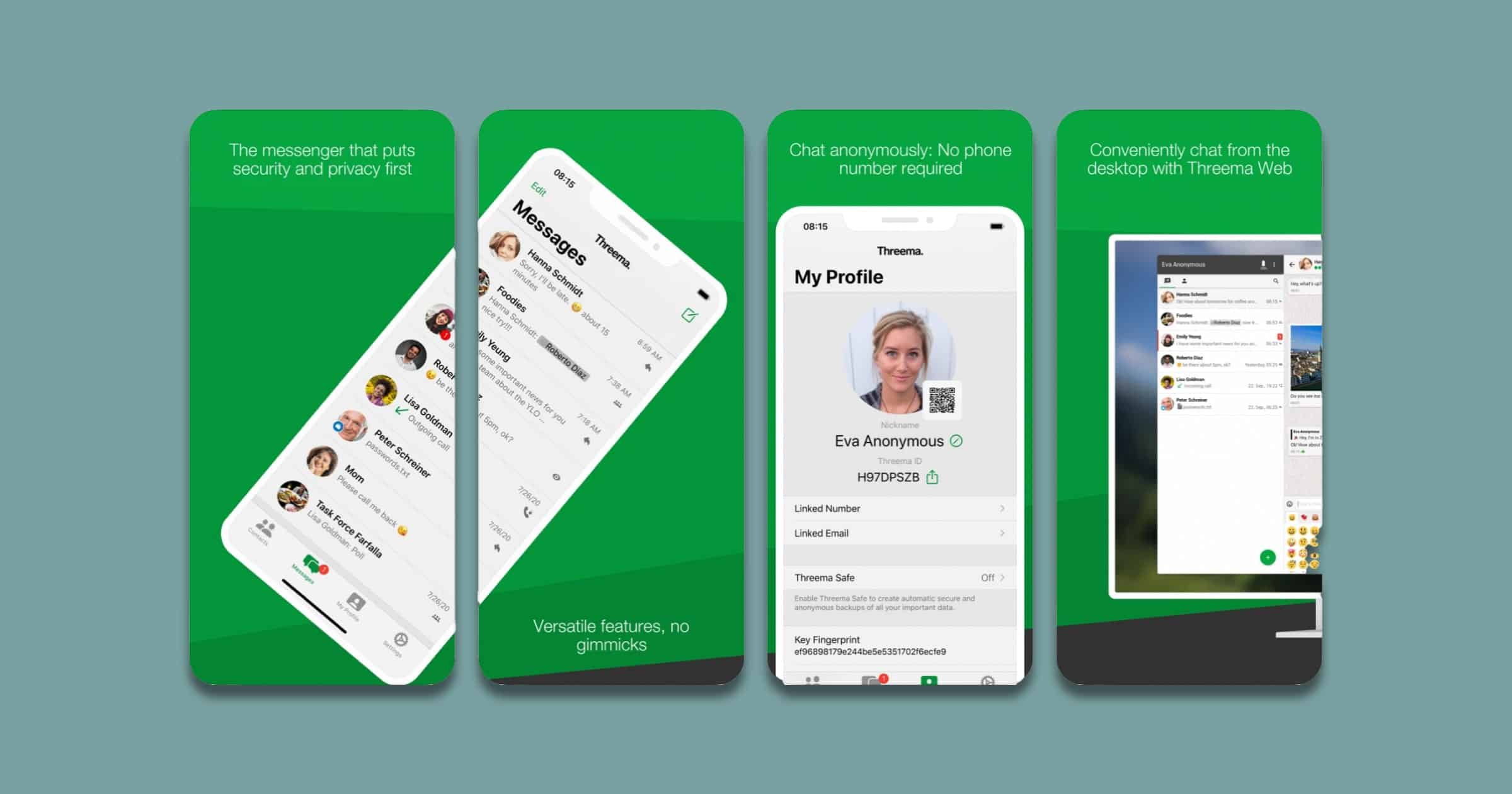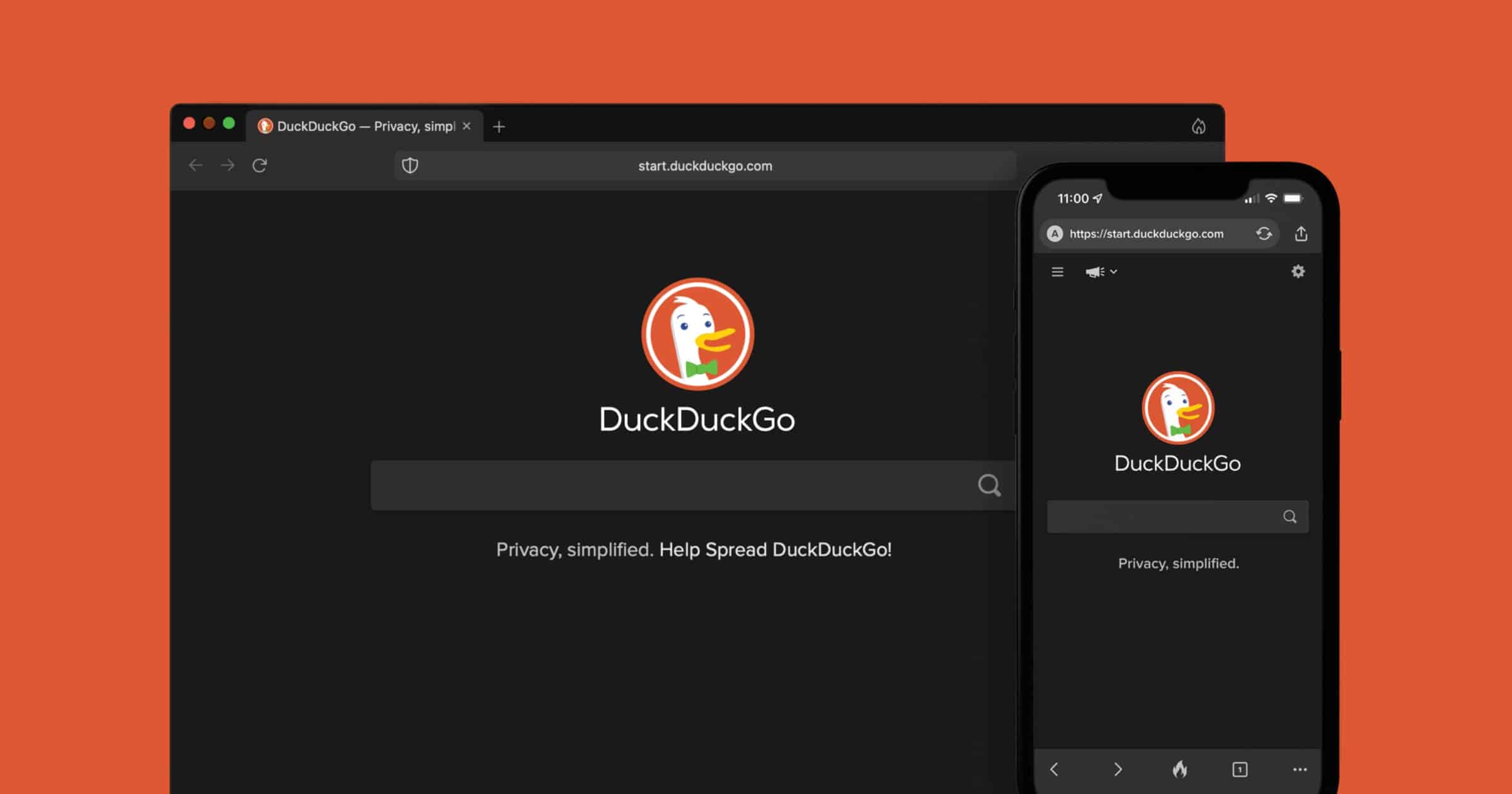According to two Democrats on the Senate Intelligence Committee, the CIA has an undisclosed repository of data collected from Americans.
privacy
Here's How Apple Will Work to Fight AirTag Stalking
Apple released a report on Thursday about its plans to fight AirTag stalking through software updates in the future.
Change Your Signal Number in Company's Latest Update
It’s now possible to change your Signal number, thanks to an update the company recently released and wrote about on Monday.
IRS Will No Longer Require Facial Recognition for Taxes
Backpedaling among public backlash, the IRS won’t require citizens to use facial recognition for taxes, The New York Times reported.
Silent AirTags and Other Accessories Raise Privacy Concerns
As if the thought of someone hiding a tracking device on you wasn’t bad enough already, now we have to worry about silent AirTags.
The EARN It Act is Back and Coming for Social Media Companies
Senators Lindsey Graham (R-SC) and Richard Blumenthal (D-CT) have reintroduced their EARN It Act. The bill aims to reform Section 230.
Mozilla VPN for Mobile, Desktop Adds Multi-Account Containers
The Mozilla VPN for desktop and mobile has been recently updated with a couple of new features. Multi-Account Containers and multiple hops.
Here's How to Blur Your House on Apple Maps and Google Maps
Did you know you can blur your house on Apple Maps and Google Maps? This capability is open to everyone, here’s what you can do.
Treasury Considers ID.Me Alternatives Over Privacy Concerns
The Treasury Department is looking into ID.me alternatives for accessing the IRS website over privacy concerns.
CEO Blake Hall this week said that the company also used one-to-many technology, which compares selfies taken by users as part of the verification process against a larger database. The company said it maintained an internal database of selfies taken by users and compared new selfies against it using Amazon’s controversial Rekognition technology. As of January 25, 20.9 million users’ selfies had been verified against that database, the company said.
Facebook Rolls Out End-to-End Encrypted Chats for Everyone
End-to-end encrypted chats are now available for all users of Facebook Messenger, the company announced. This includes group chats and calls.
Last year, we announced that we began testing end-to-end encryption for group chats, including voice and video calls. We’re excited to announce that this feature is available to everyone. Now you can choose to connect with your friends and family in a private and secure way.
These secure chats remain opt-in only, instead of encrypted by default like actual private messaging apps.
ID.me CEO Admits Company Uses '1:Many' Facial Recognition
ID.me CEO Blake Hall wrote in a LinkedIn post that his company uses 1:many facial recognition. Cyber Scoop explains how this contradicts a press release saying ID.me does not use this technology. 1:many means the technology can identify people within mass databases of photos. It’s the opposite of the 1:1 face match proposed in the IRS + ID.me verification.
“We could disable the 1:many face search, but then lose a valuable fraud fighting tool. Or we could change our public stance on using 1:many face search,” an engineer wrote in a message posted to a company Slack channel on Tuesday. “But it seems we can’t keep doing one thing and saying another as that’s bound to land us in hot water.”
AirGuard Lets You Detect AirTags on Android Smartphones
Android owners, this one is for you. AirGuard lets you detect AirTags on Android so you won’t get secretly tracked like we’ve been hearing about in the news. You can download it from Google Play, F-Droid, or straight from the GitHub page linked below. From the page: “With AirGuard you get the anti-tracking protection you deserve! The app periodically scans your surroundings for potential tracking devices, like AirTags or other Find My devices. If a devices follows you, you will get a notification in less than an hour. With the app you can play a sound on AirTags and find it easily. Afterward, you can view at which locations the device has tracked you. If no one is trying to track you, the app will never bother you.“
Apple Safety Guide: What You Need to Know About Device Access
An Apple safety guide has appeared to give customers information on how to protect themselves if their personal safety is at risk.
Google Topics Will Categorize Your Browsing for Advertising
Google Topics will track your browsing and divvy it up into 300 categories for advertising. It replaces Federated Learning of Cohorts (FLoC).
When you hit upon a site that supports the Topics API for ad purposes, the browser will share three topics you are interested in — one for each of the three last weeks — selected randomly from your top five topics of each week. The site can then share this with its advertising partners to decide which ads to show you. Ideally, this would make for a more private method of deciding which ad to show you — and Google notes that it also provides users with far greater control and transparency than what’s currently the standard. Users will be able to review and remove topics from their lists — and turn off the entire Topics API, too.
ProtonMail Now Blocks Tracking Pixels and Hides Your IP address
ProtonMail now blocks tracking pixels and hides your IP address, the company announced on Wednesday. The web app is mentioned so these features may not be present in the mobile apps.
By default, ProtonMail on the web now protects your privacy by: Blocking tracking pixels commonly found in newsletters and promotional emails, preventing senders from spying on your mail. Hiding your IP address from third parties so your location remains private.
Update: A ProtonMail spokesperson confirmed that this is indeed only for the web app, and expanding it to the mobile apps is part of development plans.
Report Reveals UK Government Push to Attack Encrypted Messengers
The UK government plans an advertising campaign to attack messaging apps that use end-to-end encryption. The details were published recently.
Cloud Platform 'Cryptee' Now Warns You of Insecure URLs
The team behind Cryptee, an end-to-end encrypted platform for documents and photos, announced new features for 2022. One in particular caught my eye.
We’ve improved our URL boxes on mobile. Cryptee can now intelligently detect and warn you if your links are insecure. (i.e. using “http” instead of “https”) All insecure links are automatically highlighted yellow, and all secure links are highlighted green.
Mozilla 'Pixel Hunt 'Study Aims to Track Facebook Tracking You
Mozilla is launching a study called Facebook Pixel Hunt. The goal is to track Facebook tracking around the web.
According to its own privacy policy, Facebook may collect information about you across the web even if you don’t have a Facebook account. One way Facebook performs this tracking is through a network of “pixels” that may be installed on many of the sites you visit. By joining this study, you will help Rally and The Markup investigate and report on where Facebook is tracking you and what kind of information they are collecting.
T-Mobile Blocks iCloud Private Relay for Customers in United States
It appears that carriers in the U.S. and aboard aren’t happy with iCloud Private Relay. The setting, released with iOS 15, likely interferes with surveillance of customers. A report from 9To5Mac says that T-Mobile has begun blocking the feature.
The change does not appear to be network-wide just yet, but rather it appears T-Mobile is in the process of rolling it out. This means that some users might still be able to use iCloud Private Relay when connected to their cellular network – at least for now.
Very shady behavior. I haven’t been using Private Relay because it overrides my DNS. The good news is that carriers can’t prevent you from changing your DNS settings.
Swiss Army Seeks Private Messenger 'Threema' Over WhatsApp
Switzerland’s army told its soldiers not to use foreign messengers such as WhatsApp, due to privacy concerns. Instead, the recommendation is to use private messenger Threema, a Swiss app.
Army spokeswoman Delphine Schwab-Allemand, in an e-mail on Wednesday confirming reports on the issue in Swiss media, seemed to soften the army’s position, saying that there was a “recommendation” that troops use Threema. It took effect on Jan. 1. She added that the army cannot and does not want to tell troops to use a particular app on their private devices.
Proton Shares Year in Review With Product Plans for 2022
Proton, makers of ProtonMail and ProtonVPN, has shared its 2021 Year in Review. The company has also shared its plans for the year ahead.
Over 24,000 People Sign Data Privacy Petition to Stop Facebook Extremism
A petition signed by over 24,000 people has been delivered to Congress from Fight for the Future, Senator Ron Wyden to encourage a federal data privacy law. The impetus? Far-right extremism on social media websites such as Facebook.
Coalition members urged lawmakers to protect against attacks like that on the Capitol last year by addressing Facebook’s data-fueled algorithmic manipulation.
When Facebook whistleblower Frances Haugen testified before Congress in October, she named algorithmic manipulation as the platform’s source of power. Algorithmic manipulation is only possible with invasive and copious personal data on individual people, harvested via mass surveillance.
iOS 13: Where to Find Sign in With Apple Logins
Sign in With Apple lets you sign into apps and websites with your Apple ID. Here’s where you find Sign in With Apple logins.
DuckDuckGo to Release Private Browser for Mac in 2022
On Tuesday, DuckDuckGo shared its review of achievements and improvements in 2021. Looking ahead, the company plans to release a private browser for the desktop.
Instead of forking Chromium or anything else, we’re building our desktop app around the OS-provided rendering engines (like on mobile), allowing us to strip away a lot of the unnecessary cruft and clutter that’s accumulated over the years in major browsers. With our clean and simple interface combined with the beloved Fire Button from our mobile app, DuckDuckGo for desktop will be ready to become your new everyday browsing app.


